Trump came to power telling his voters how the world, India included, treated the US unfairly. Will he get his trade pact?
Donald Trump’s bestselling book is titled, Trump: The Art of the Deal. But after he surprised everyone, possibly even himself, and became the 45th President of the US, he has found it difficult to even locate a canvas on which he can paint his masterpiece. Much of the global peace dividend of the past 75 years following World War II has, thanks to the US, given access to its immense market to countries across the world. Trump and many of his core supporters believe that this access has been granted “unfairly.” Take the example of China, which is one of the biggest beneficiaries of the US’ benevolence. It has not been given reciprocal rights to American companies in its home turf and has indeed become a strategic threat to the US. India, too, has been a beneficiary of such benevolence. For years, we have gained from its Generalised System of Preferences (GSP) scheme that allowed a certain amount of duty-free imports. But Trump’s trade negotiators nullified that and with some justification, too. Given that the US claims that India is hardly a “developing economy” and a part of the G20, we have been declared ineligible for such benefits. Trump also believes that India has some extremely protectionist trade rules, high rates of customs and excise on goods. His go-to refrain has been for the American motorcycle manufacturer Harley-Davidson, whose imported big two-wheelers have been subjected to some harsh duties. But with India’s economy in the doldrums, what access can it offer to companies in the US is the moot question.
So as Trump heads to India for a State visit, a deal may be on the cards. Logically, it would primarily focus on defence where India is seen as a bulwark against Chinese expansionism. But what about trade? India may possibly do a bit of a reversal against the increasingly protectionist and import-substitution route that the Government has been following. But Indian negotiators are as stubborn as American ones and even though Trump and Prime Minister Narendra Modi may sign some papers, the impact of what those papers say and how they will be operationalised eventually will possibly be similar to the papers Trump signed with Kim Jong-Un of North Korea.







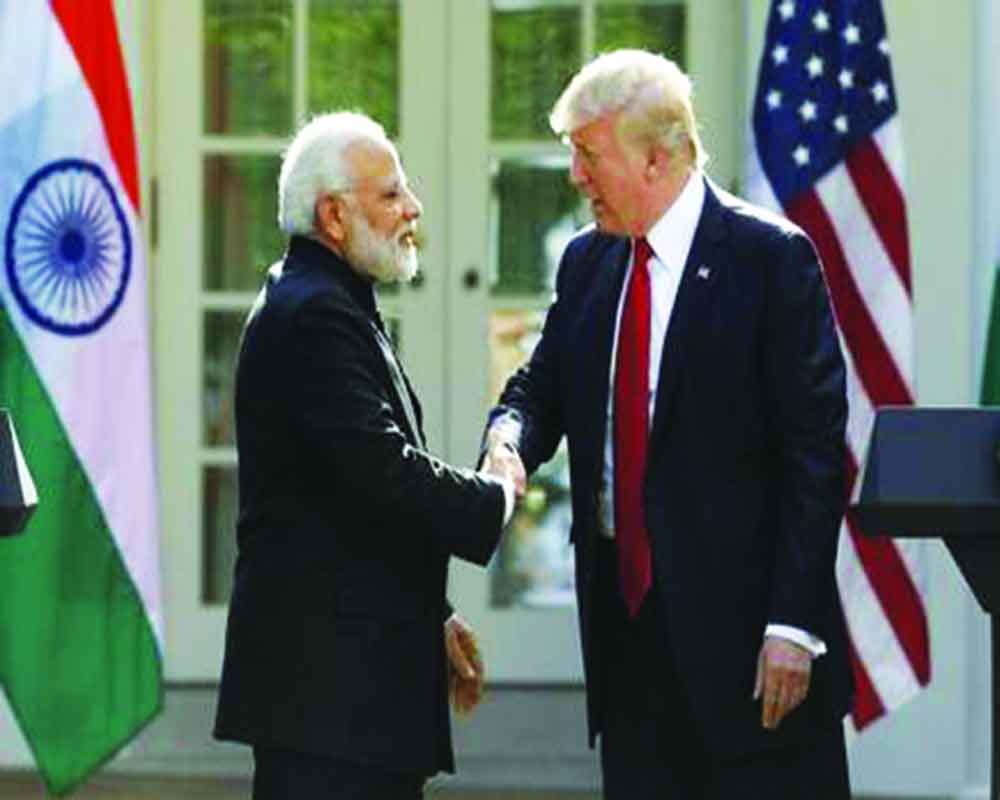
 OpinionExpress.In
OpinionExpress.In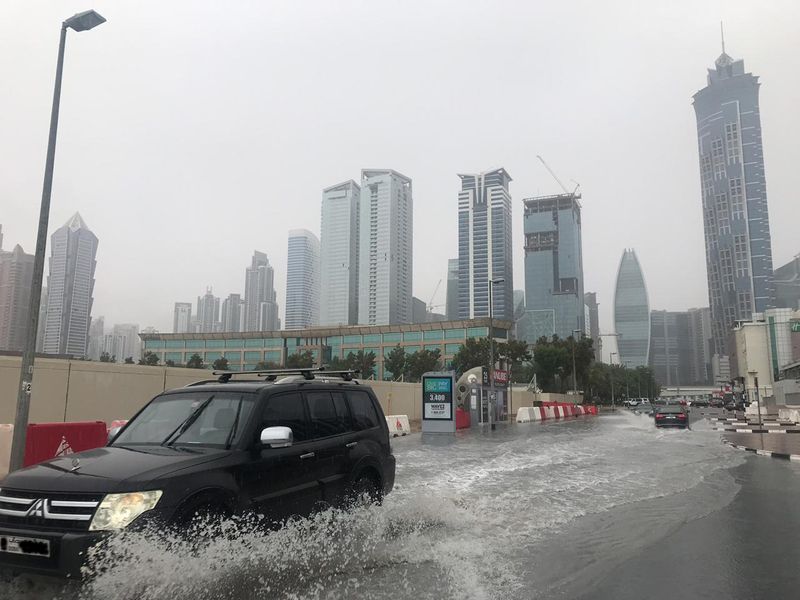
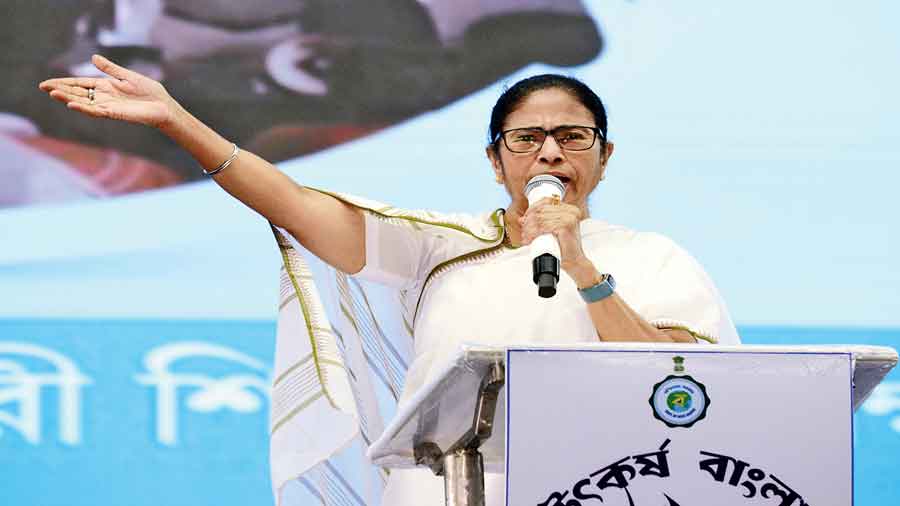
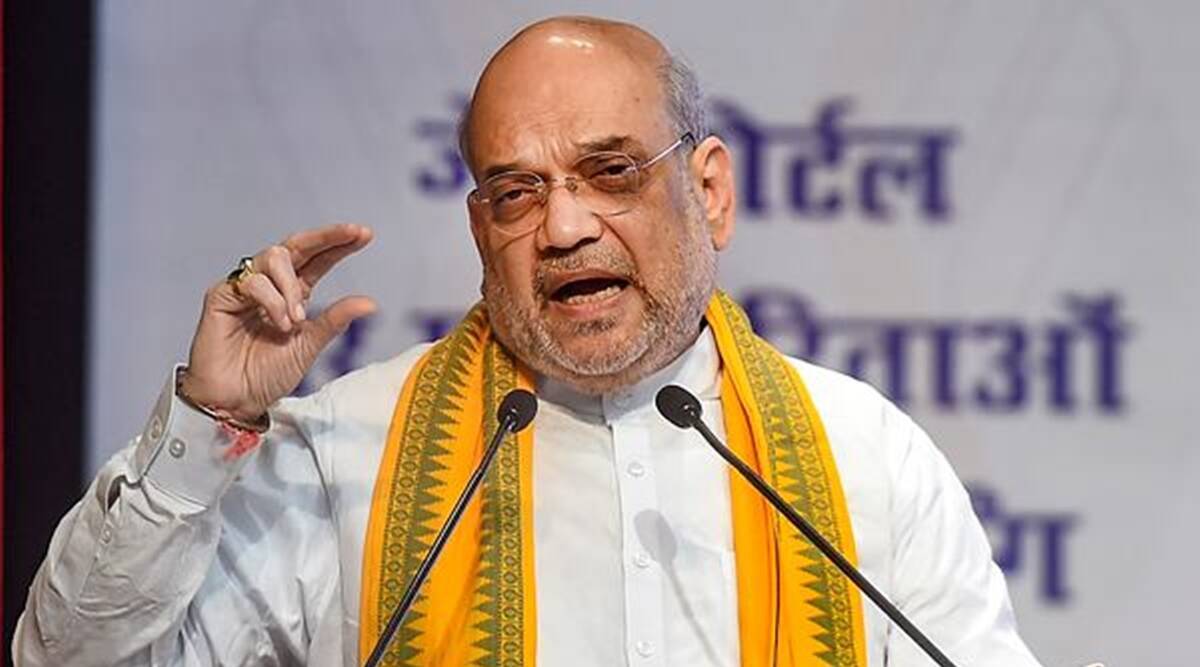
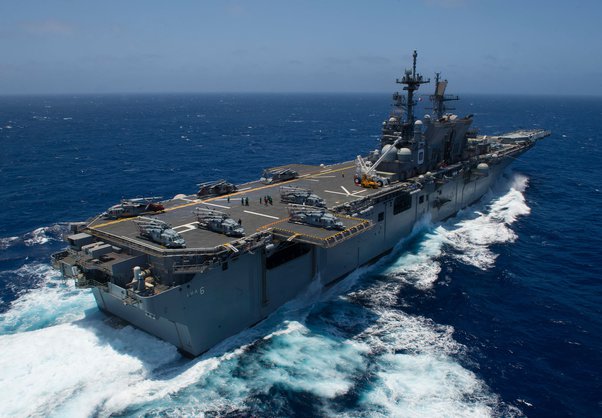
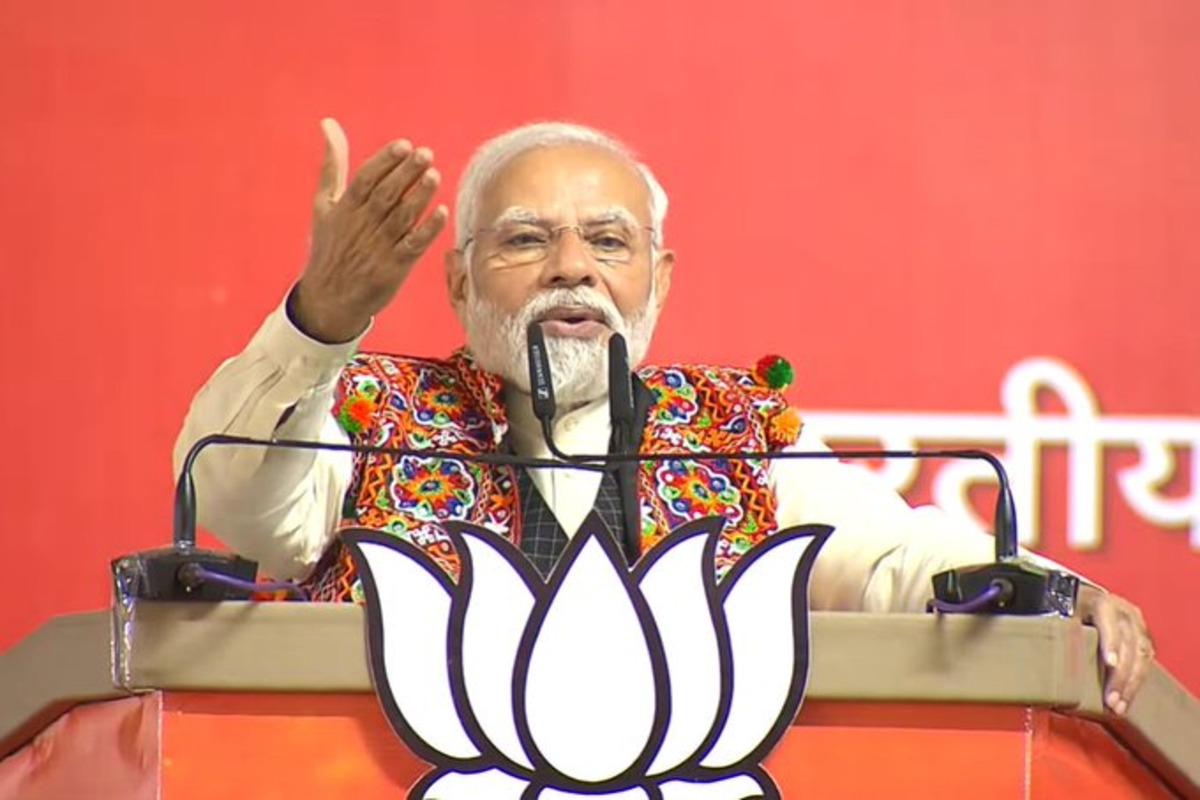
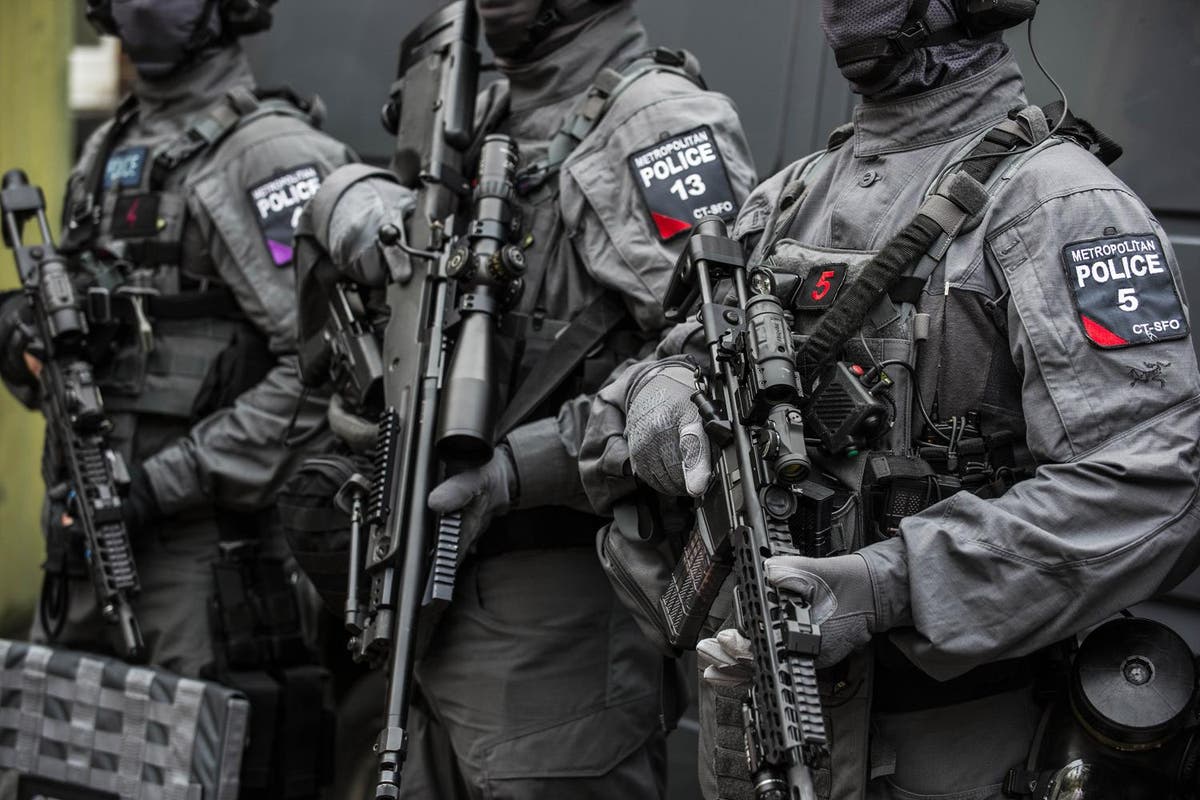
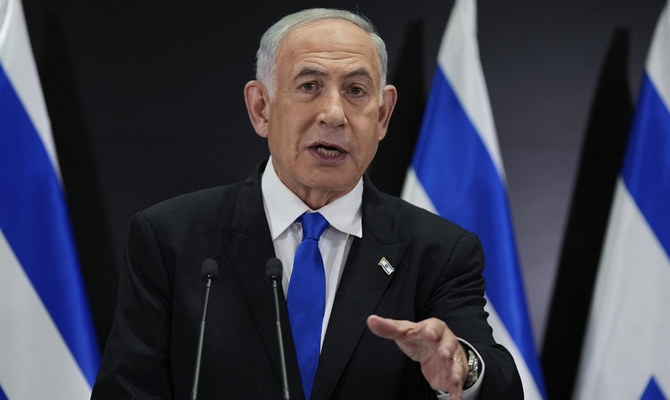
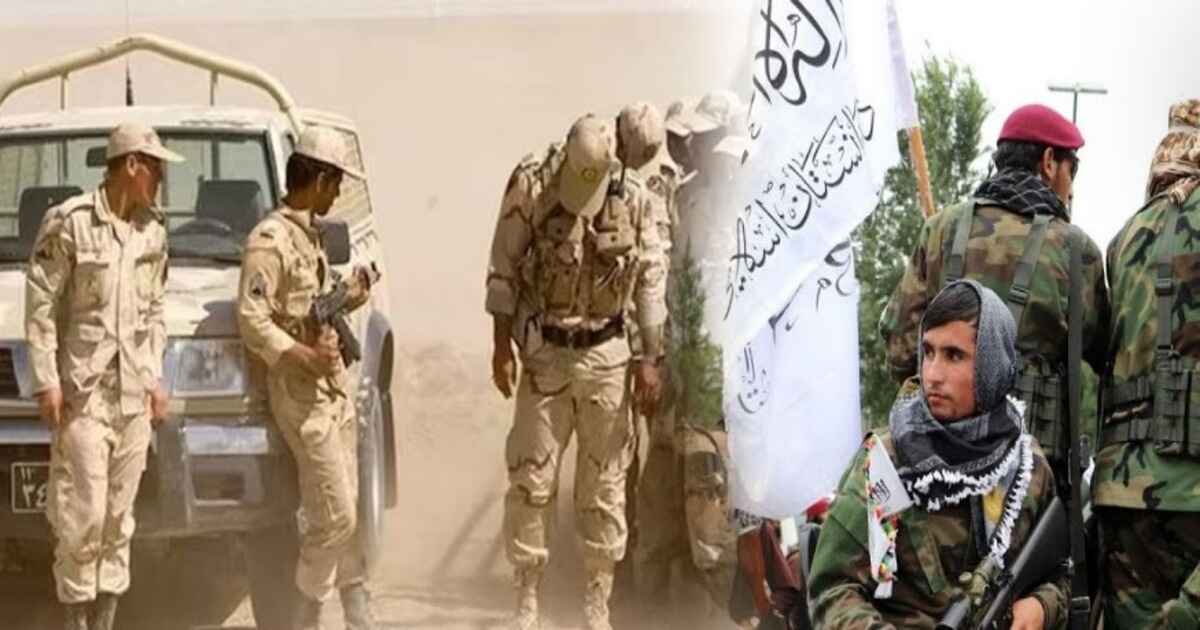

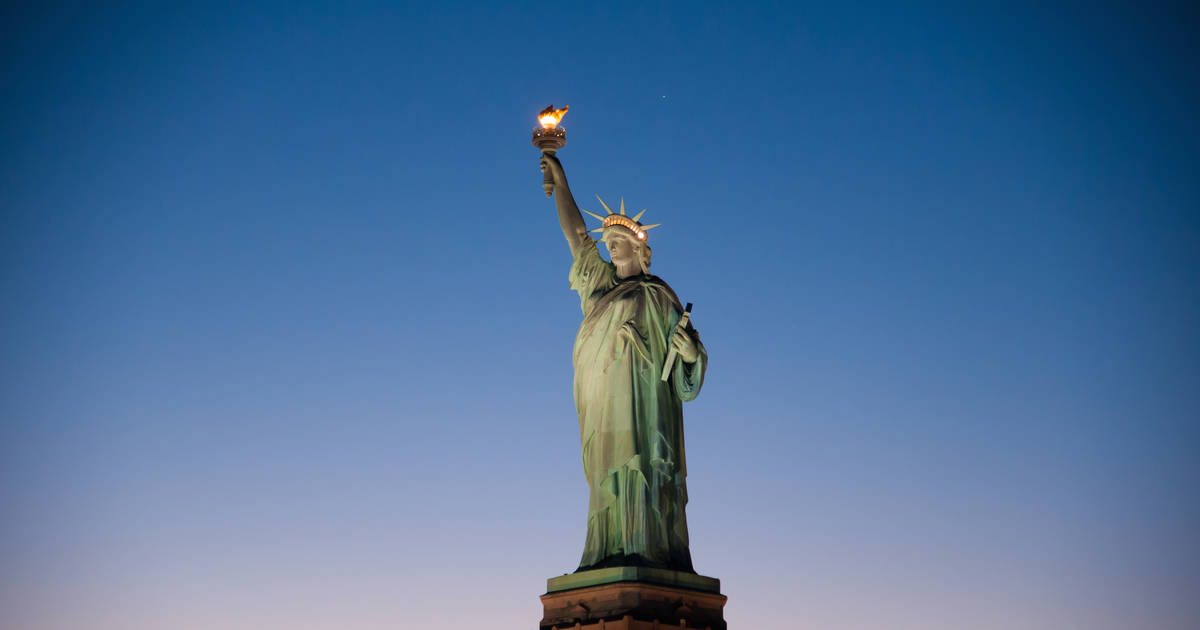






Comments (0)